

This month’s fellow social enterprise is Women in Travel, a company helping to address the gender imbalance in the travel industry. We talk to founder Alessandra Alonso
What is Women in Travel all about?
Women in Travel CIC (CIC meaning ‘community interest company’) uses travel and tourism as a force for good, to empower underrepresented and marginalised women, by providing training, mentoring, support and guidance which ultimately leads to their employment in the sector.
At the heart of Women in Travel is the belief that sustainability can only be achieved by keeping women at the heart of societies and communities. When women are empowered, communities thrive!
We consist of a senior team of three and two part-time staff plus an Advisory Board.
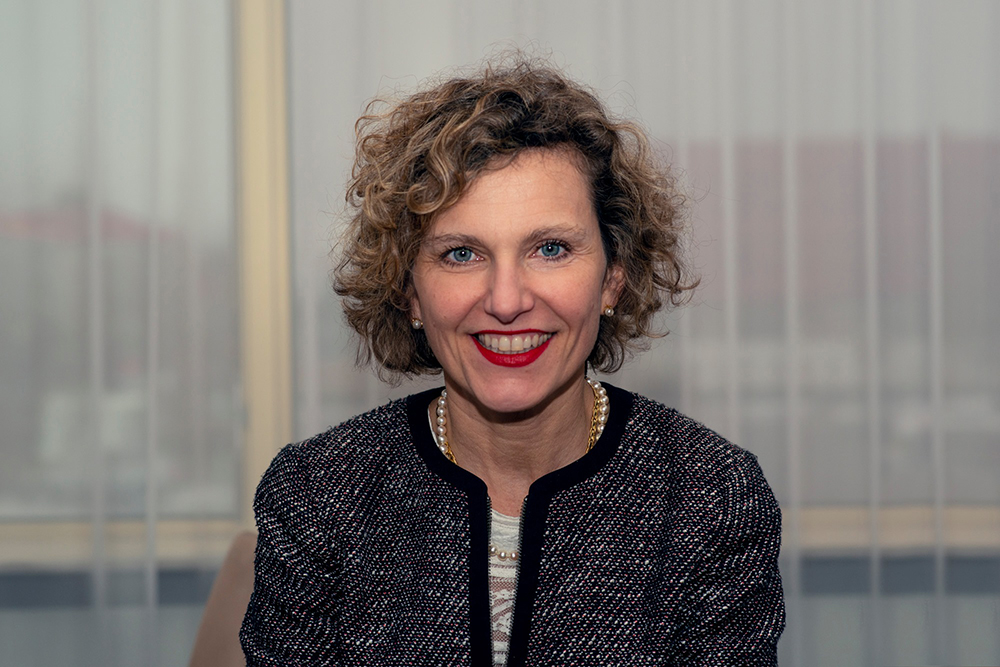
Why did you start it?
I’ve worked for over 20 years in the travel industry and over 15 of those in roles supporting women. I noticed a remarkable lack of women in senior positions and went on to co-found the very first gender consultancy service in the sector, which also launched the very first awards for women operating in travel, tourism, hospitality and events.
After I left that company my passion was still strong so in 2017 I formalised Women in Travel as a social enterprise. In 2018 BAME Women in Travel was launched and in 2019 Jamie Lee Abtar joined as Executive Director for BAME Women in Travel.
Why do women need help in this sector?
Women are at the heart of the travel industry yet often disregarded and underrepresented in the decision-making process.
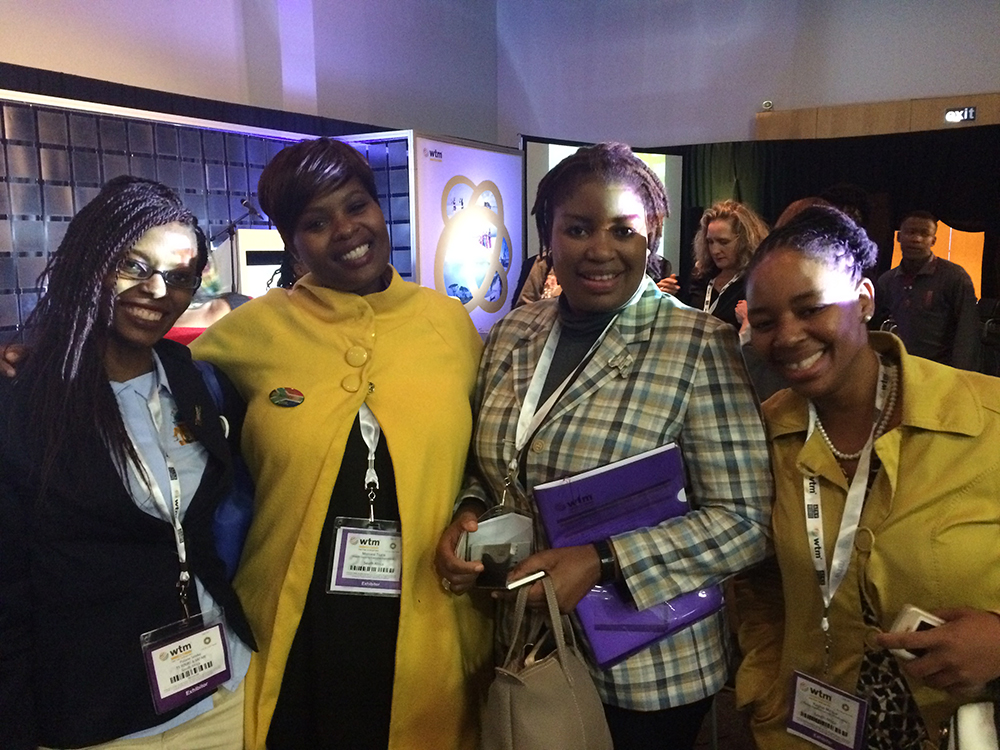
The industry’s workforce is overwhelmingly female worldwide (up to 70% in some countries), yet very few positions at the top are occupied by women (female managers and above account for 25% globally). And that’s despite the fact that 80% of all leisure travel decisions are made by women!
Why are you a social enterprise
We see our role as an advocate for gender equity and overall diversity, but we focus on action over words. Coming from the private sector, I wanted to offer a tangible, commercial service that would be valued by industry as it helped them address a gender imbalance while also making an impact on women.
What action are you taking?
We have worked with many partners in the UK and internationally. We have a Women Returners programme to get women back to work in the sector, in collaboration with charities including Crisis UK and Refugee Council. Currently we are busy supporting women who have suffered from job and income loss in London through our FEAST programme, sponsored by the European Social Fund, as well as internationally and UK-wide through our mentoring circles and inspirational events. These activities prepare women to find new employment opportunities, give them a safe space to talk and the confidence necessary to keep going at these challenging times.
What is your biggest hurdle?
Our key struggle is to be understood by both companies and funders. Social enterprises have been recognised in the UK for over a decade but many people still do not know what we are about and how what we do matters to society.
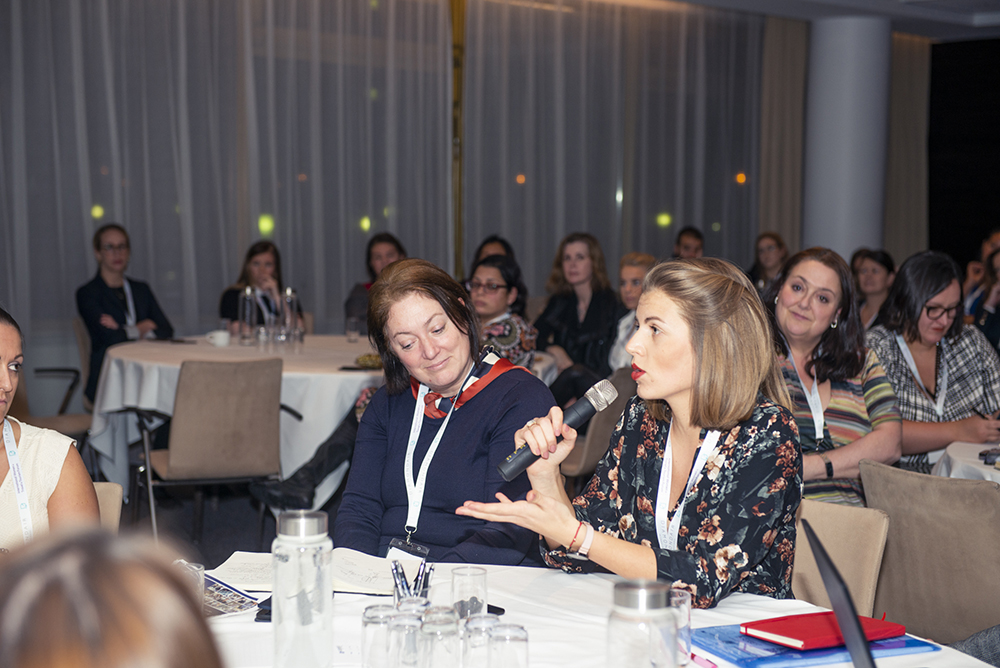
Has COVID-19 affected you?
We have had to rethink the way we work and how we continue to make a positive impact on our beneficiaries. The definition of vulnerable has changed and our support now extends not only the marginalised but also those who have suddenly lost income and are struggling to support their family and keep their home. When recession hits, women suffer over and above and the pandemic has been terrible, not just because of unemployment but in terms of domestic abuse, domestic workload and exposure to health-related risk.
As women are made redundant from this industry they will inevitably move to jobs outside the sector and may never return but we see an opportunity to attract women refugees and other marginalised or vulnerable women to the sector who are often ‘invisible’ to employers.
They are talented and available but have neither the confidence nor the network to access it. This is where we come in, making the invisible visible, providing support and creating a win-win situation for women and industry.
How has the Black Lives Matter Movement affected you?
We launched our BAME-focused initiative two years ago but it is clear that BLM has accelerated the need to address the issues of racism, diversity and inclusion. Bearing in mind that the industry is all about opening up borders, we are not exactly walking the talk! Jamie-Lee is fronting some great initiatives for BAME Women in Travel. From a Corporate Membership Package to new downloadable products and masterclasses, there is plenty both individuals and companies can do to tangibly demonstrate they are committed to put substance beyond the black square!
What have been your biggest successes?
We measure success mostly in terms of social impact and positive changes to our beneficiaries and by the end of summer we will have supported some 200 women through training and mentoring. The journey has only just started but when a woman finds a job or says ‘you have changed my life’, I feel we are successful already.
How do you see the future?
As consumers look closer to home for their next holidays, it will be even more important for women to establish their presence within communities. There will be more opportunity for women to accelerate self-employment and enterprising, particularly BAME women who are often running side-hustles that could become fully-fledged, successful businesses.
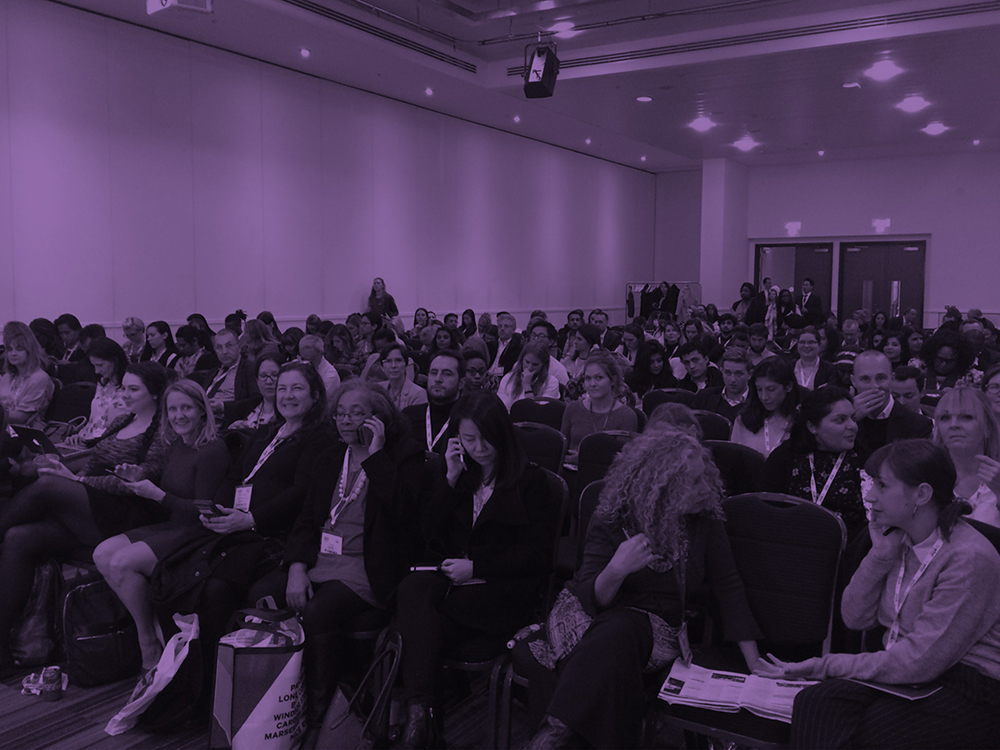
Equal Opportunities
Find out more about how you can help Women in Travel by clicking here, or by emailing [email protected].
This is a feature from Issue 2 of Charitable Traveller. Click to read more from this issue.


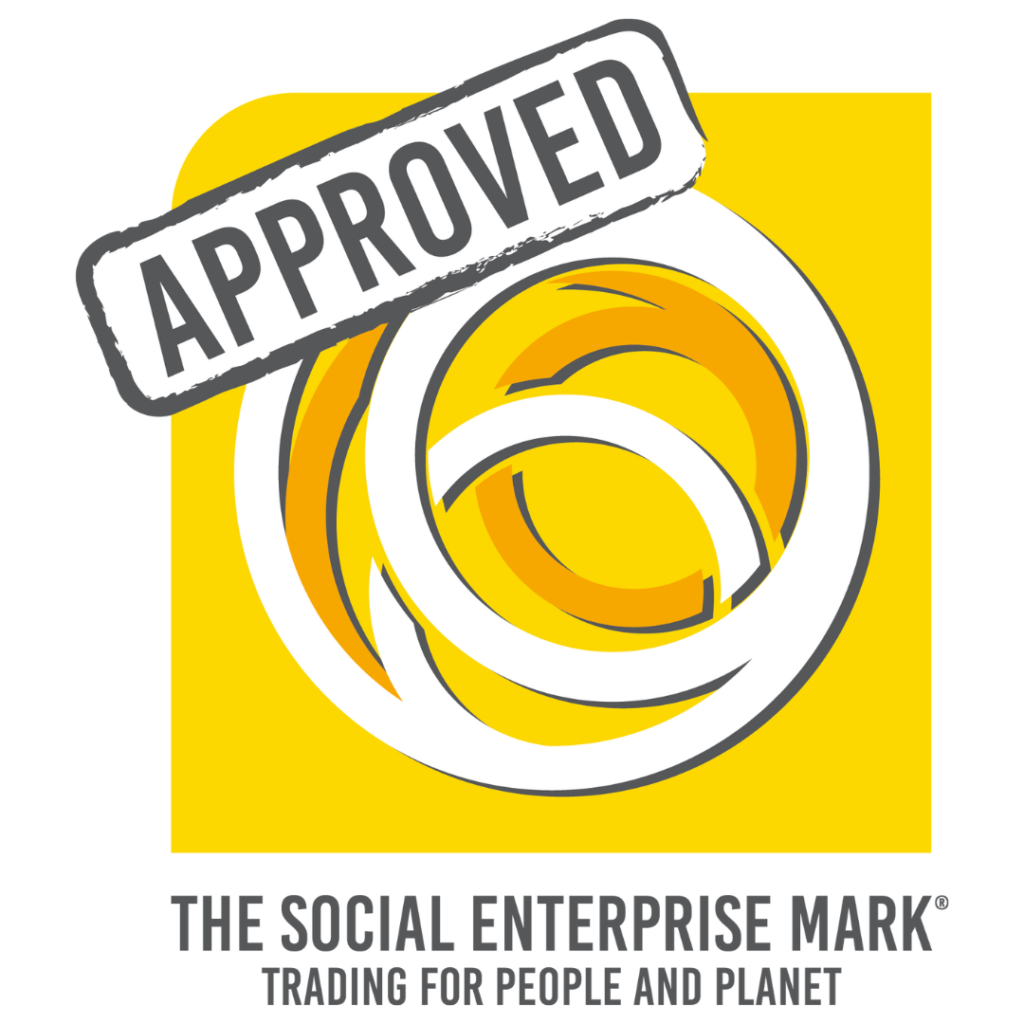
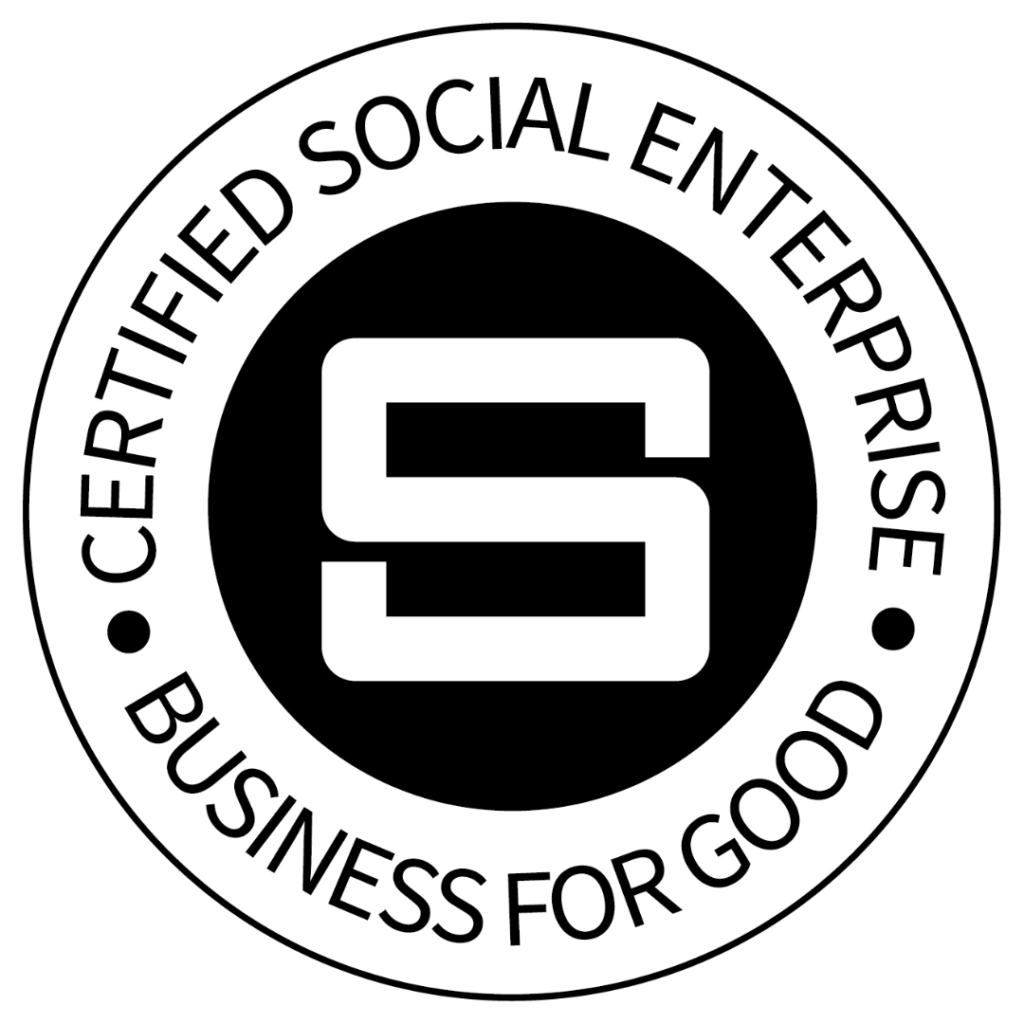


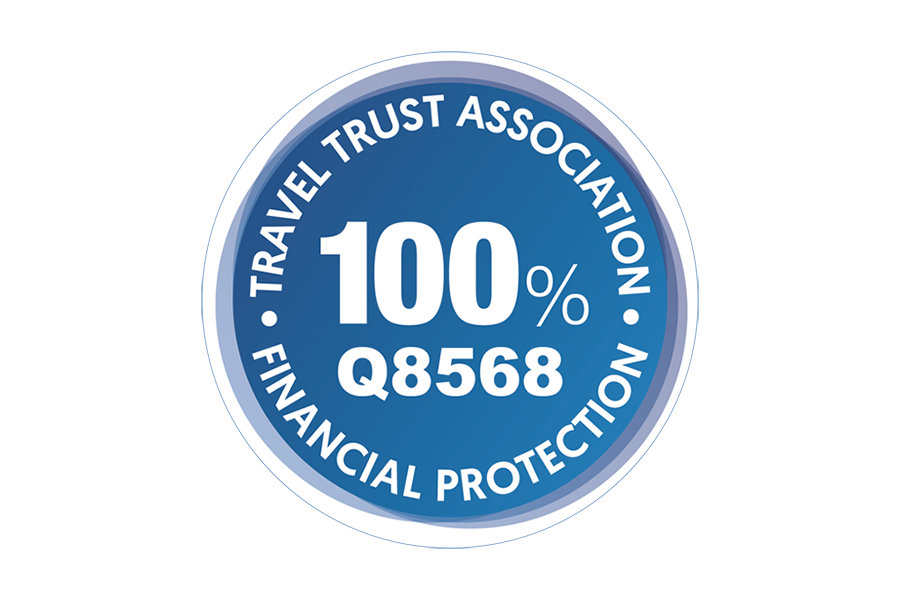
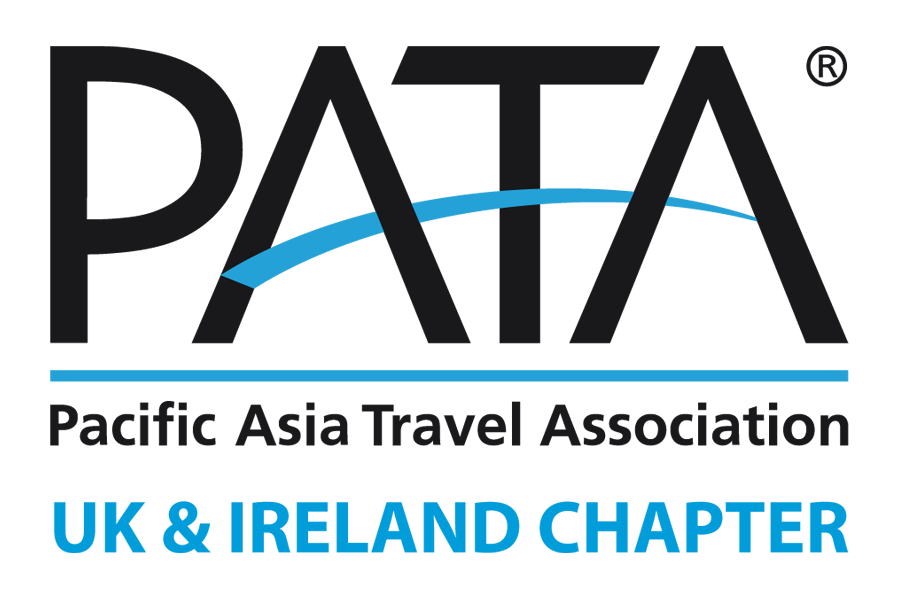
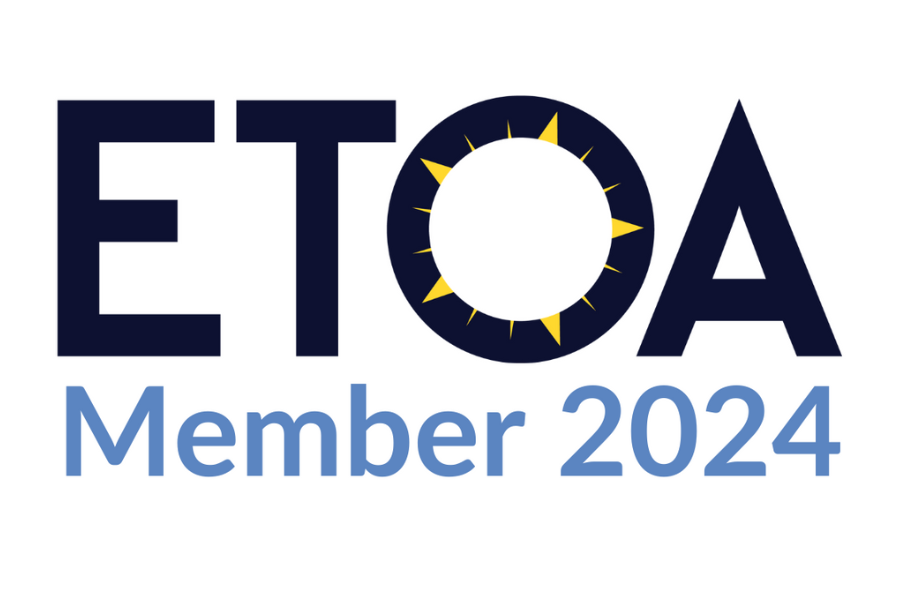
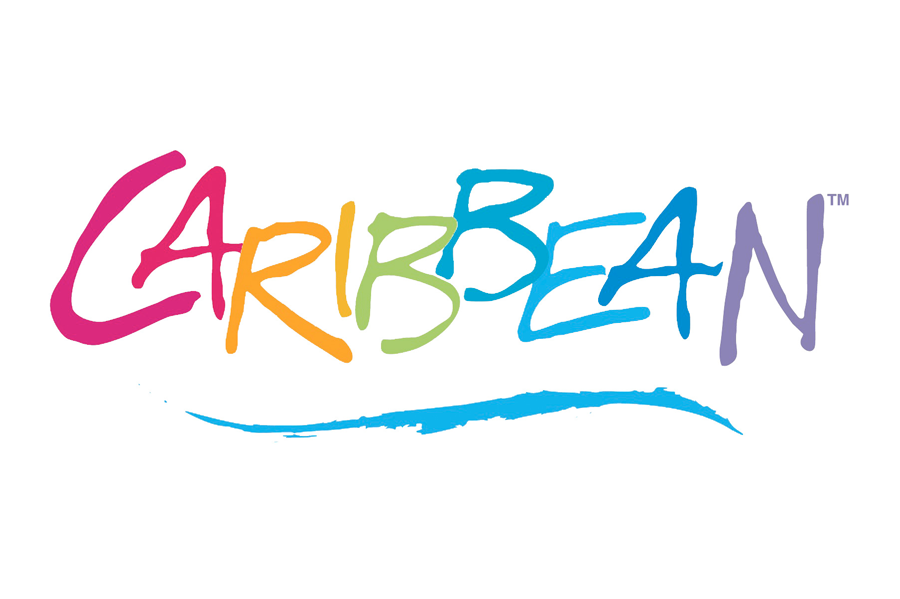
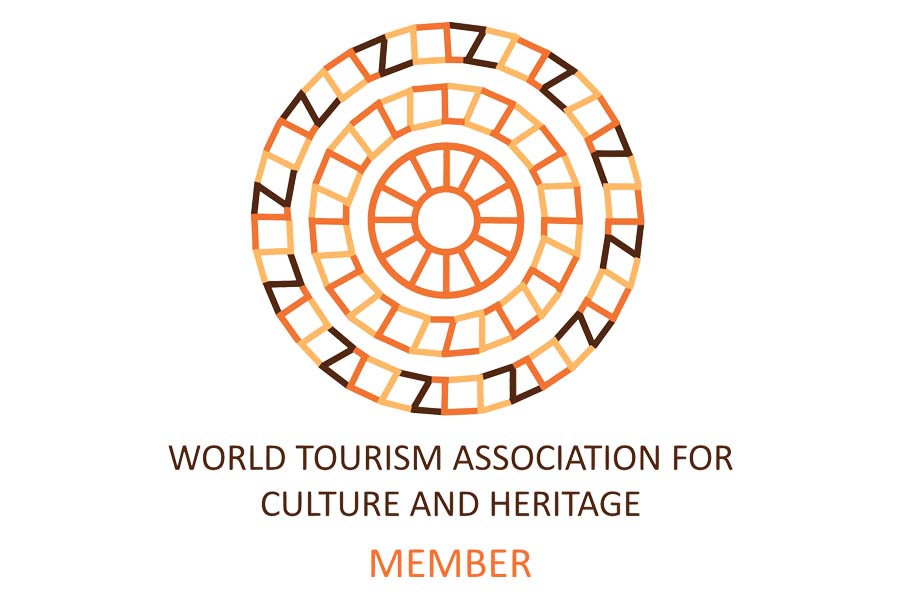
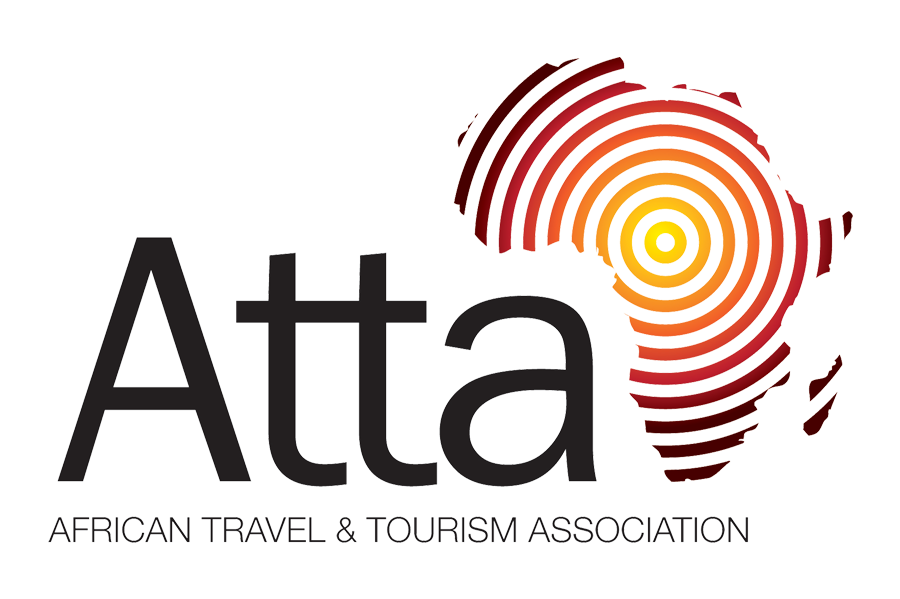

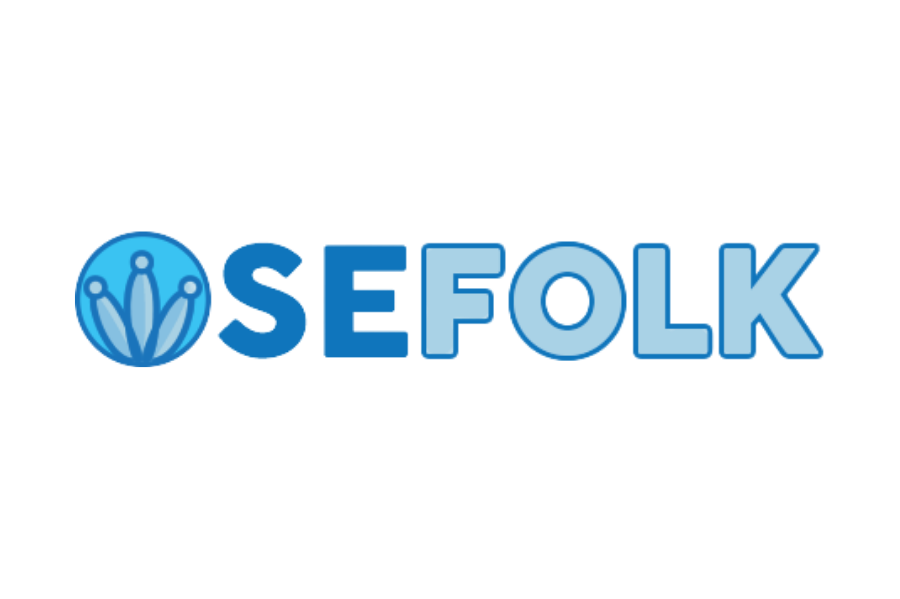
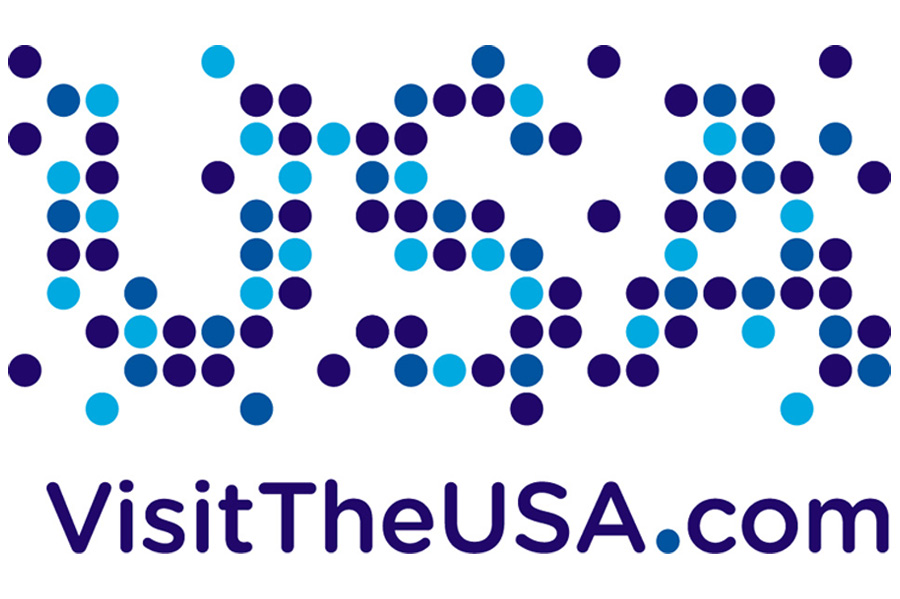
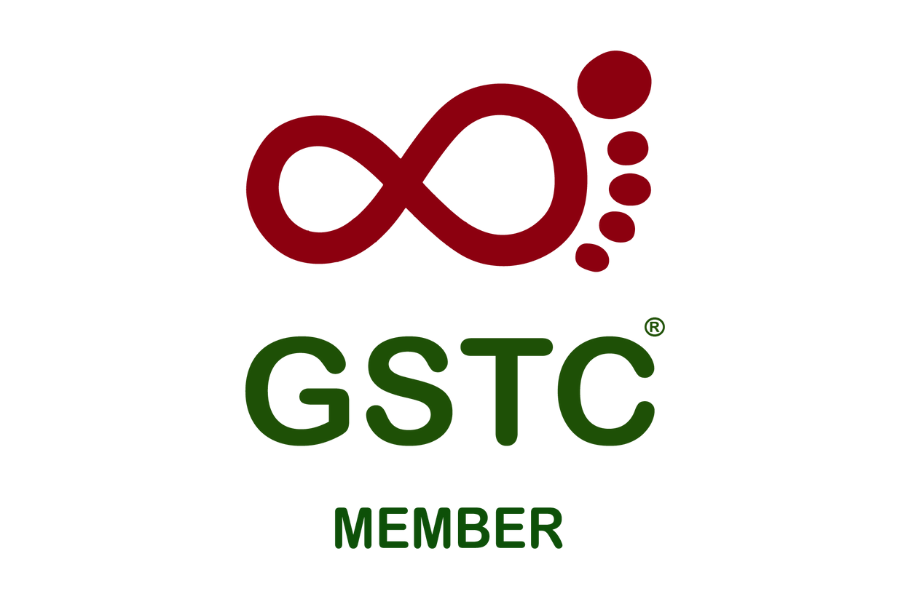

 by net effect
by net effect